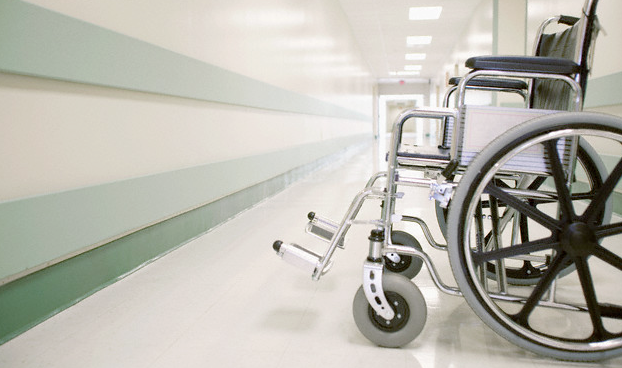After excluding Asians and people of other races who only accounted for a tiny fraction of those involved, the investigators found Hispanic people were 40 percent less likely than whites to schedule an appointment with a neurologist.
Meanwhile, black people were 30 percent less likely to see one of these specialists. This was even after the researchers considered other factors that could play a role in access to health care, such as income and insurance status.
Once the researchers honed in on the patients with brain conditions, they found black Americans were more likely to have been treated in the emergency room. Black people were also admitted to the hospital about twice as often as white people and Hispanics.
 Medical expenses were also much higher for black patients, with costs reaching $1,485 per person, compared to $599 for white patients.
Medical expenses were also much higher for black patients, with costs reaching $1,485 per person, compared to $599 for white patients.
“Previous research has shown that having neurologists involved in the care of people with neurologic conditions reduces serious side effects and hospitalizations for acute problems,” Saadi said. “So, unequal access to outpatient care may be resulting in unnecessary medical and financial costs.”
More research is needed to understand why these racial and ethnic disparities exist, but the study authors speculated they could stem from different cultural beliefs, attitudes about getting older and disease, as well as language barriers. Local access to a neurologist could also play a role, they added.
“Solutions could include initiatives to educate hospital staff about bias and multicultural care, increase the proportion of underrepresented minorities in the field of neurology, improve patient education about neurologic disorders and change institutional practices to provide more equitable care,” Saadi suggested.
The findings were published online May 17 in the journal Neurology.






